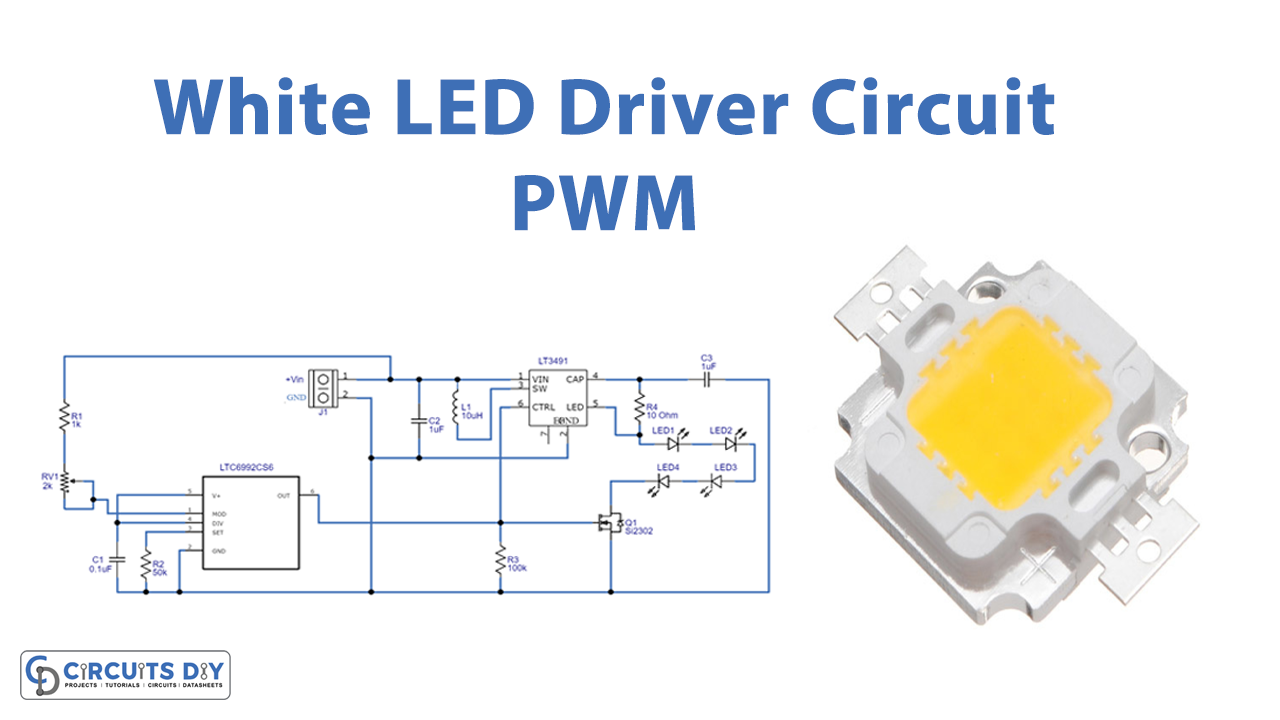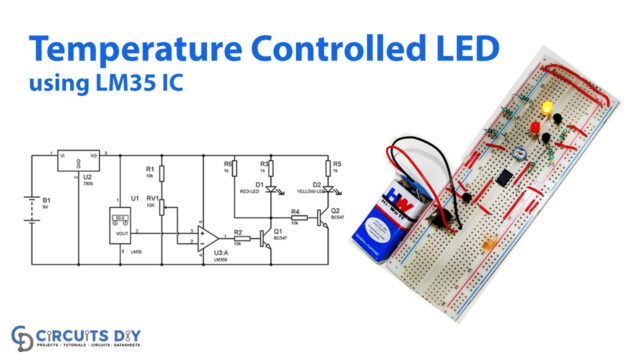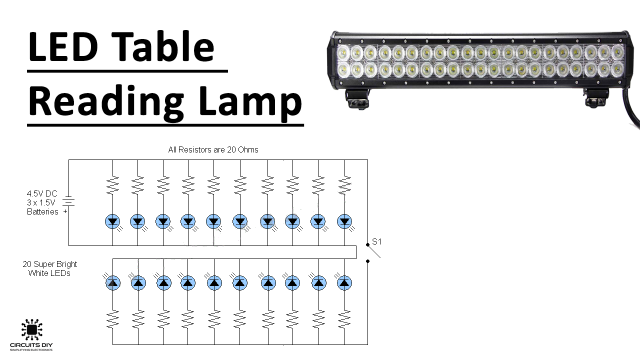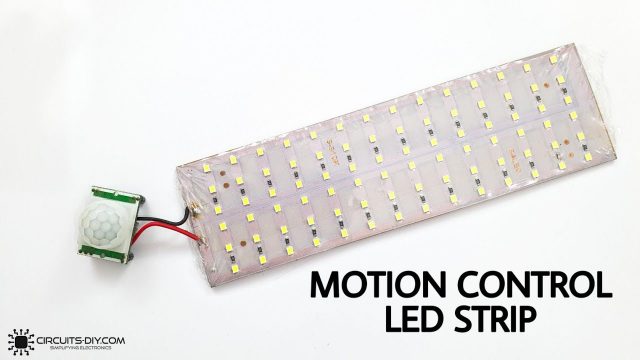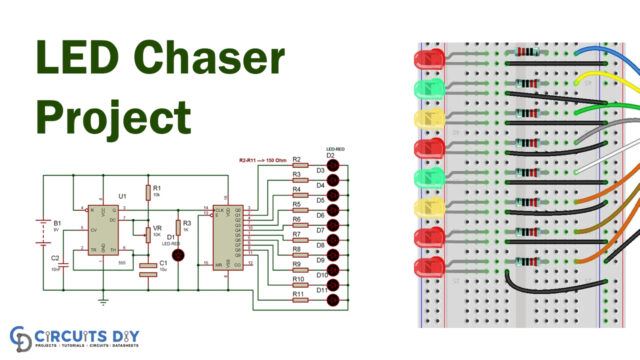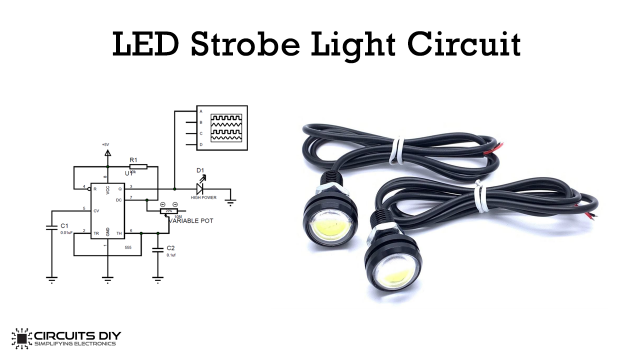Introduction
As we already know that LEDs are widely used in electronic components. But, we cannot deny that in past its worth is not more than an indicator or an element that is utilized only in display applications. But, with the change time, the modification that happens. So, now they are employed in many lighting applications too. For example, the advance LED, that is white LED is now used in street lighting circuits, indoor lighting devices, etc. In other words, white LEDs are now found throughout. So we have decided that in this tutorial, we are going to Make a “PWM White LED Driver Circuit”.
Pulse Width Modulation (PWM) is basically the method that is used to reduce the average power of an electrical signal. Hence, this circuit controls the brightness of the white LEDs. The circuit is easier to make and is also affordable.
Hardware Components
The following components are required to make PWM LED Driver Circuit
| S.no | Component | Value | Qty |
|---|---|---|---|
| 1. | IC | LTC6992 | 1 |
| 2. | IC | LT3491 | 1 |
| 3. | Transistor | Si2302 | 1 |
| 4. | LED | – | 4 |
| 5. | SMD Capacitor | 0.1uF,1uF | 1,2 |
| 6. | SMD Resistor | 10-Ohm, 1K, 50K,100K, | 1,11,1 |
| 7. | SMD Inductor | 10uF | 1 |
| 8. | 2-Pin Connector | – | 1 |
LTC6992 Pinout
For a detailed description of pinout, dimension features, and specifications download the datasheet of LTC6992
LT3491 Pinout
For a detailed description of pinout, dimension features, and specifications download the datasheet of LT3491
PWM LED Driver Circuit

Working Explanation
This circuit of Pulse Width Modulation (PWM) White LED Driver uses the LTC6992 IC. The supply is given at pin 5 of an IC and pin 2 is grounded. MOD [pin (pin1) is for the Pulse Width Modulation input and controls the duty cycle, therefore a potentiometer is connected to that pin to set the duty cycle. The DIV pin 4 is the programmable divider and hence it is grounded for this circuit. The output is taken at pin 6 and then it is given to the control pin of LT3491 C. The resistor R3 is attached to this pin, the LED brightness can be varied by changing the value of this resistor. Pin 5 of this IC drives the four ICs that are connected in series.
Application and Uses
- In the street lighting circuits.
- In emergency lighting circuits.
- Also, in indoor lighting devices.
- Indicator and display applications.


